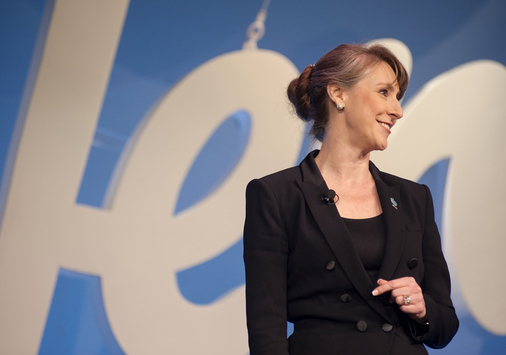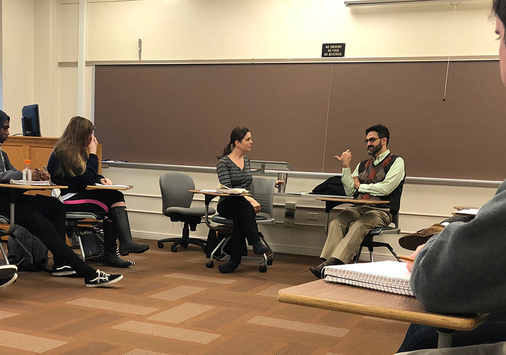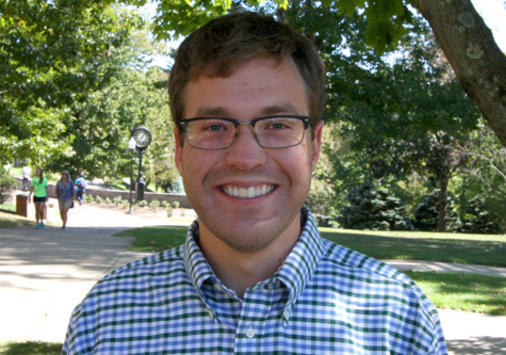A provisional elder in the Western Pennsylvania Conference of the United Methodist Church, Dylan Parson ‘16 comments on the schism between traditionalist and progressive UMC churches. “Lukewarmness in the hope of ensuring the center will hold is not holiness.”
In an article published in “Yet Alive, Wesleyan Faith Today,” Parson says:
A new moment is here. The die is cast: schism is in full swing, and it will be significant and traumatic in many regions across the connection. It is time that the United Methodist Church decide to stand on a vision of holiness, without hesitating out of the fear of losing people and congregations on the fence. If we’re breaking up, let it be for something; let us welcome this window of opportunity to allow Methodists with incompatible visions of holiness to go our separate ways. What is unsustainable is the status quo for the post-separation United Methodist Church, even in the very near term.
What concerns me is that the underlying principle lingers in the UMC: unity over and above holiness, the “big tent” over the narrow way that will, of course, alienate some. I suspect traditionalists agree, albeit from an utterly different angle. In this issue of Yet Alive, we are thrilled to publish a piece by Queering Wesley, Queering the Church author Keegan Osinski, beckoning mainline Methodists to fight through our squeamishness and niceness to reclaim our roots as a movement pursuing holiness, which she describes as “the perfect love of God and neighbor.” Holiness requires us, as Osinski insists, to figure out how to love contextually. Holiness-in our current context in the United Methodist Church-requires us to take a stance on the full inclusion of LGBTQIA+ people. Lukewarmness in the hope of ensuring the center will hold is not holiness. It is not holy, because it is not rooted in love of God and neighbor, but in institutional self-preservation. And, frankly, its pragmatic viability is long past anyway.










